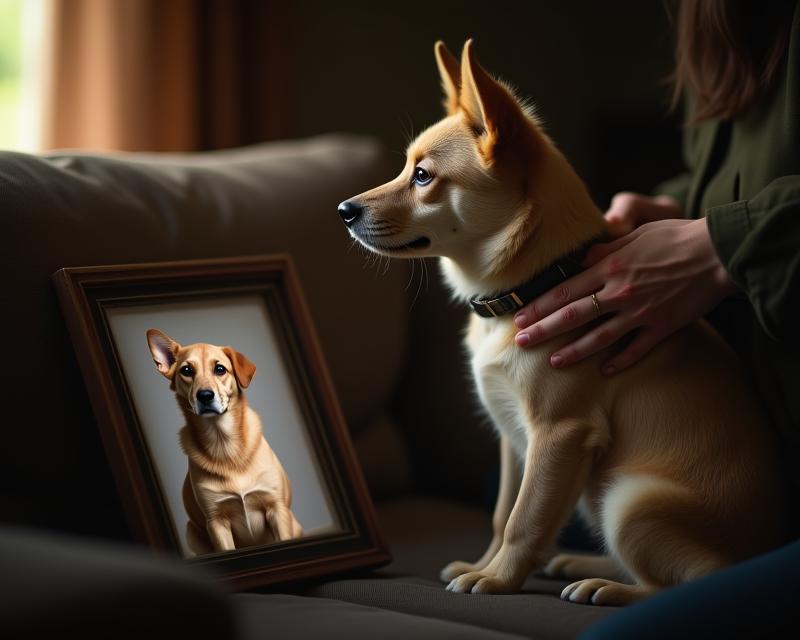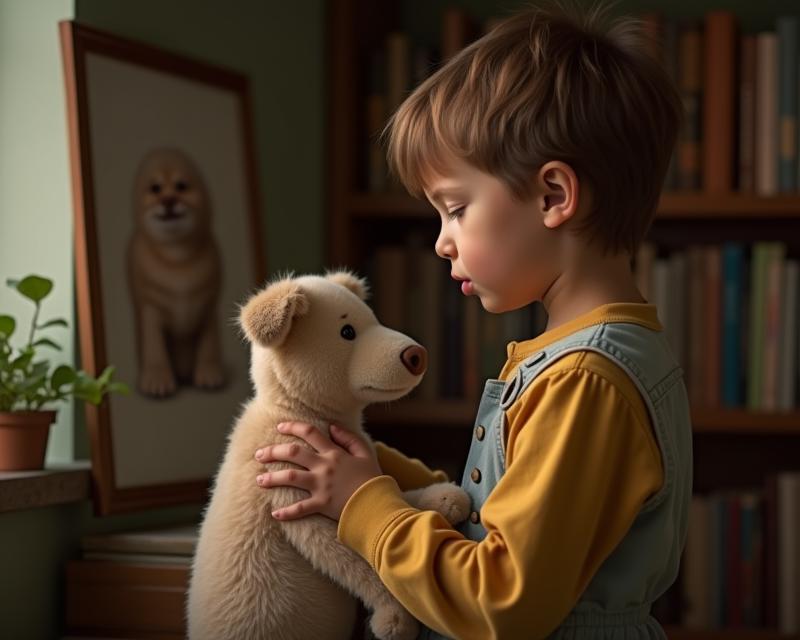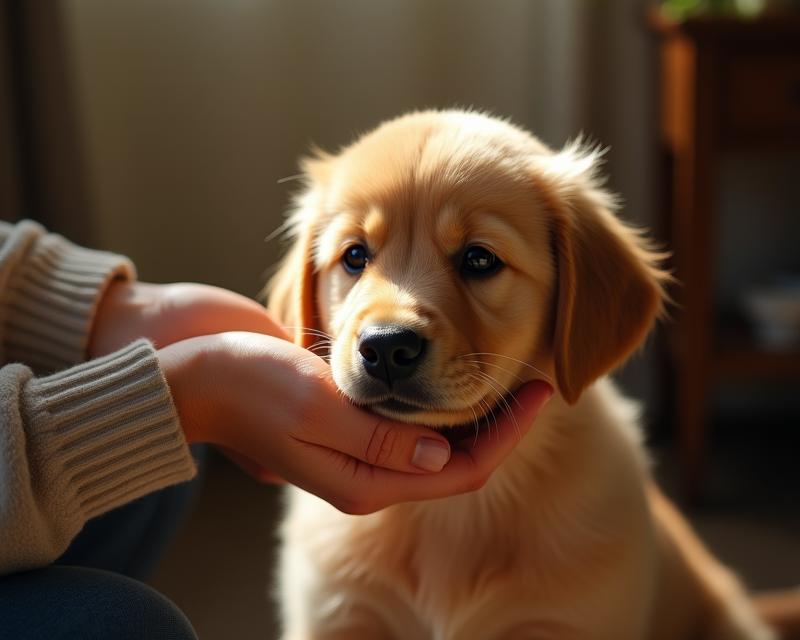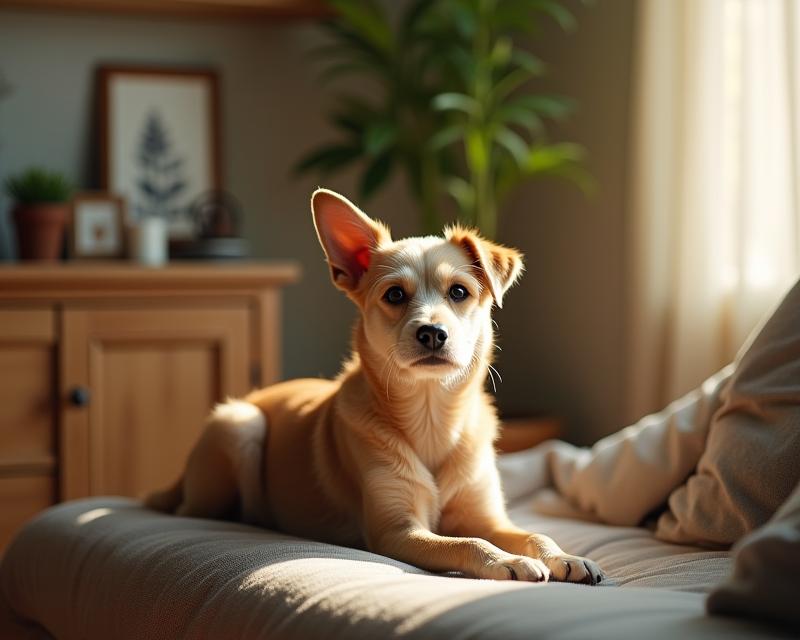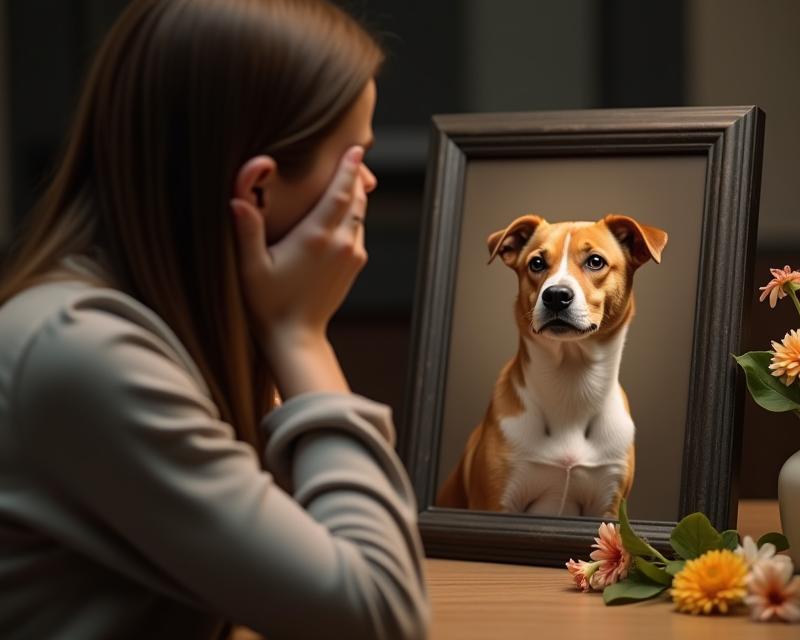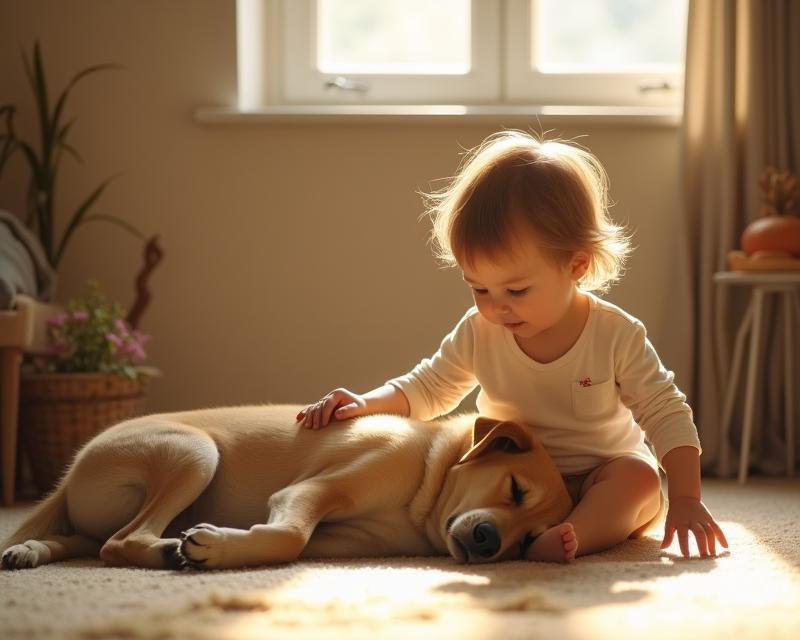Vacuum Woes: Why Dogs Fear Vacuums
Publish in General Care el 28/06/2025 19:04
Why Does My Dog Hate the Vacuum?
It's a common sight in grooming salons and homes alike: a dog trembling, hiding, or barking frantically at the sound of the vacuum cleaner. But why do so many dogs have such a strong negative reaction to this seemingly harmless appliance? Understanding this fear is the first step to helping your furry friend feel more comfortable.
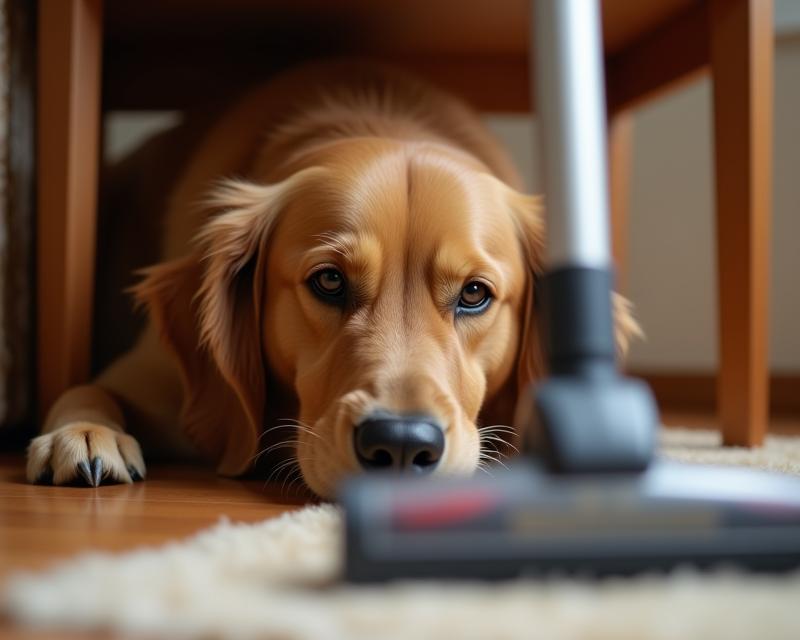
The Science Behind the Fear
Several factors contribute to a dog's fear of vacuums. One major reason is the noise. Vacuums produce loud, unpredictable sounds that can be startling and even painful for a dog's sensitive ears. The high-pitched whines and roaring noises can trigger a fear response, activating the 'fight or flight' instinct. Beyond the noise, the sudden movement and vibrations of the vacuum cleaner can also be unsettling. Dogs are naturally cautious creatures, and unfamiliar objects moving quickly can be perceived as a threat.
What Can You Do to Help?
If your dog is afraid of the vacuum, patience and positive reinforcement are key. Start by desensitizing your dog to the vacuum cleaner gradually. Begin by simply showing the vacuum to your dog while giving them treats and praise. Next, turn the vacuum on for very short bursts, rewarding calm behavior. Slowly increase the duration and distance as your dog becomes more comfortable. Never force your dog to interact with the vacuum if they are showing signs of fear. Signs of fear include: tucked tail, flattened ears, lip licking, yawning (when not tired), panting, trembling, or trying to hide.
Creating a Safe Space
During vacuuming, provide your dog with a safe and comfortable space to retreat to. This could be a crate, a bed in a quiet room, or even just a designated corner. Make sure this space is associated with positive experiences, like treats and toys. You can also distract your dog with a favorite chew toy or a puzzle feeder while you vacuum. Remember, it's all about creating a positive association with the vacuum cleaner, even if it takes time and effort. Consulting with a professional dog trainer or behaviorist can provide personalized guidance if your dog's fear is severe.
